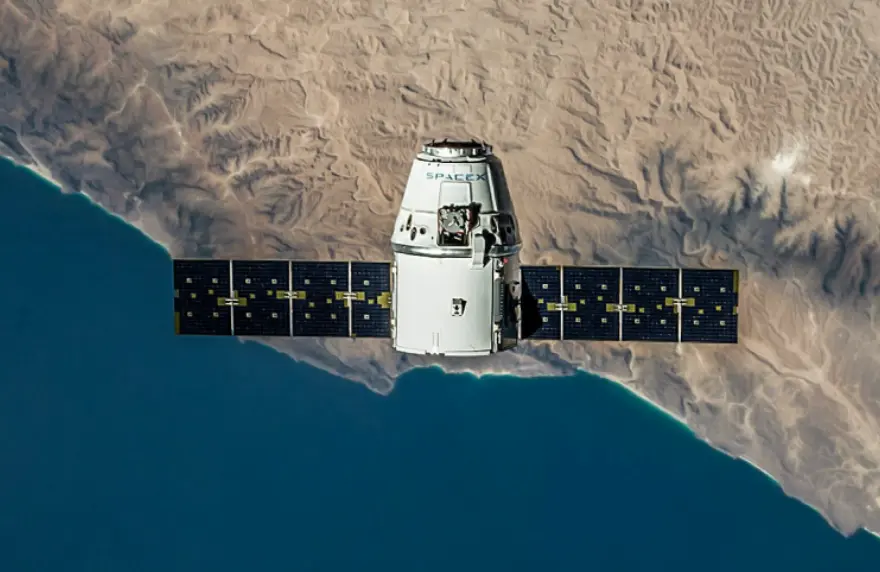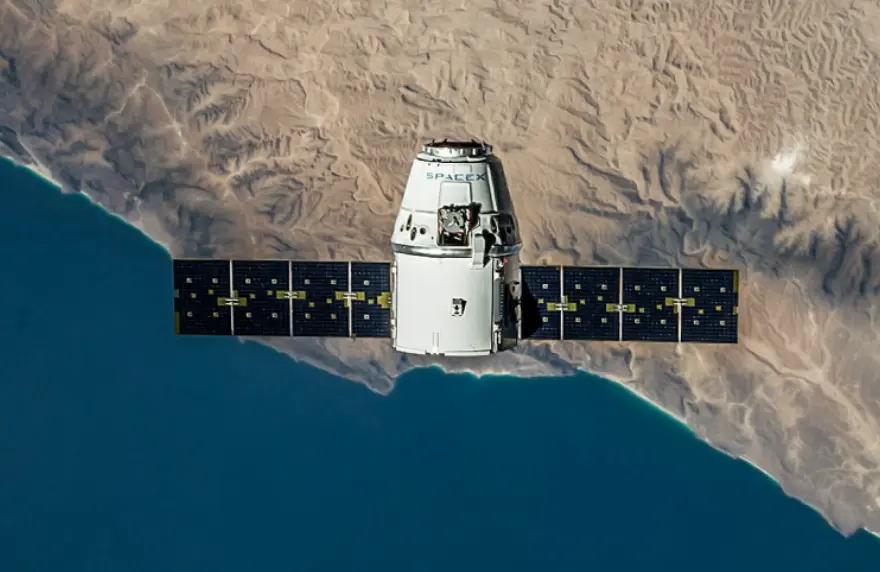The delivery of humanitarian aid remains one of the main challenges in contemporary armed conflict. The legal, political and physical construction of a sustained and respected humanitarian space, in which such aid delivery can occur, is a fragile operation. Humanitarian spaces increasingly appear fragmented and localised. They are re-negotiated continuously, either as part of subnational and local truces and peace or cooperation agreements or through ad hoc bargaining between humanitarians and armed actors.
Based on a comparison of how relief efforts are negotiated in Syria, this article argues that humanitarian space is not shrinking, as is commonly assumed, but rather is being reconfigured into humanitarian micro-spaces. Such micro-spaces are fluid, dynamic and overlapping arenas of relief, constantly challenged, and morphed by different actors. Working in humanitarian micro-spaces requires continuous political involvement and decision-making, which presents a substantial challenge for humanitarian organisations.
Download the full article here.
Authors: Dorith Kool, Jan Pospisil and Roanne van Voorst







